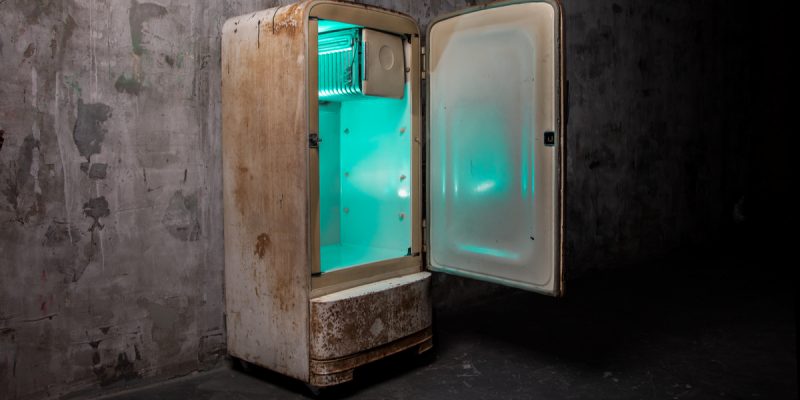Appcyclers has recently developed a new product derived from the recycling of electronic waste. The startup, based in northern Ghana, transforms old, broken refrigerators into egg incubators. This innovation is not only environmentally friendly, but also beneficial to farmers who can afford to buy them at low prices.
Owning an egg incubator will no longer be a luxury for poultry farmers in northern Ghana. A local startup offers innovative and cheaper incubators. Appcyclers has developed a prototype consisting of a second-hand refrigerator that is reused as a case, while a mechanism inside simulates the incubation of eggs by keeping them under constant temperature and humidity conditions to produce chicks.
Unlike commercial incubators, those made by Appcyclers are available, cheap and environmentally friendly. “The long-term goal is to promote recycling for a greener and safer environment in the Northern Region and throughout Ghana,” says Agudor Agabas, an engineering graduate and co-founder of Appcyclers.
Ghana receives 215,000 tons of e-waste every year
Through the recovery of end-of-life refrigerators, Appcyclers intends to rid the environment of this bulky electronic waste in northern Ghana and the rest of this West African country.
Ghana is home to one of the world’s largest e-waste landfills: Agbogbloshie, located on the outskirts of the capital. The site covers an area of about 10 square kilometres, where obsolete electronic toys are piled up. A study conducted in 2017 estimates that about 215,000 tons of e-waste arrive in Ghana each year, a weight equivalent to more than 20 Eiffel Towers.
According to the United Nations Environment Programme (UNEP) report (2015), published on the occasion of the Basel Convention on the Control of Transboundary Movements of Hazardous Wastes, Africa, and more specifically Ghana, would have become the preferred location for disposing electronic waste (e-waste) from Europe and the United States.
Boris Ngounou







